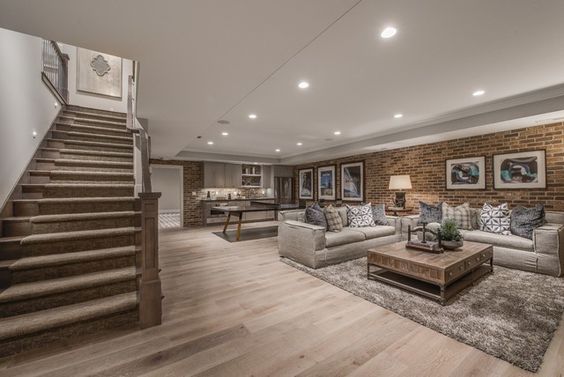Ceiling recessed lights, also known as can lights or downlights, are a staple in factory settings due to their streamlined design and effective illumination. Selecting the appropriate recessed lighting for factory ceilings is crucial for ensuring optimal performance, energy efficiency, and safety. This guide provides essential insights and practical tips to help you make informed decisions about your factory’s lighting needs.
Why Choose Ceiling Recessed Lights for Factories?
1. Space-Saving Design
Ceiling recessed lights are installed flush with the ceiling, which maximizes the available overhead space. This is particularly beneficial in factories where every inch of space matters for operational efficiency and safety.
2. Consistent Illumination
Factories require consistent, uniform lighting to ensure a safe and productive work environment. Ceiling recessed lights provide widespread illumination, reducing shadows and enhancing visibility across large areas.
3. Energy Efficiency
Modern recessed lighting solutions, particularly LED variants, are highly energy-efficient. They consume less power and have a longer lifespan compared to traditional lighting options, leading to significant cost savings and reduced environmental impact.
4. Enhanced Safety
In industrial environments, minimizing potential hazards is critical. Recessed lights are less likely to be damaged by machinery or other equipment due to their flush installation, thus reducing the risk of accidents.
Key Considerations for Selecting Recessed Lights
1. Light Output and Brightness
The brightness of recessed lights is measured in lumens. Factories typically require higher lumen output to ensure adequate lighting. Consider the size of your factory and the height of the ceiling when selecting the appropriate lumen level.
2. Color Temperature
The color temperature of the light affects the working environment. For factory settings, a neutral white (4000K-5000K) is often preferred as it provides a bright and clear light, enhancing visibility and reducing eye strain.
3. Beam Angle
The beam angle determines the spread of the light. A wider beam angle covers more area, making it suitable for large factory spaces. Ensure that the beam angle aligns with the layout and specific lighting needs of your factory.
4. Installation and Maintenance
Consider the ease of installation and maintenance. Opt for recessed lights that are easy to install and come with features like adjustable trims for directing light where it’s needed most. Additionally, ensure that the lights are easily accessible for maintenance purposes.
5. Compliance with Standards
Ensure that the recessed lights comply with industry standards and safety regulations. Look for certifications such as UL (Underwriters Laboratories) or ETL (Intertek) to guarantee the lights meet safety and performance criteria.
Frequently Asked Questions (FAQs)
1. What are the benefits of using LED recessed lights in factories?
LED recessed lights are highly energy-efficient, have a longer lifespan, and provide superior illumination compared to traditional lighting options. They also generate less heat, reducing the cooling load in the factory.
2. How do I determine the number of recessed lights needed for my factory?
To determine the number of recessed lights needed, calculate the total lumens required based on the square footage of the factory. Divide this by the lumen output of the chosen recessed lights. It’s also advisable to consult with a lighting specialist to ensure optimal coverage.
3. Can recessed lights be used in hazardous factory environments?
Yes, but it is crucial to choose recessed lights that are specifically designed for hazardous environments. Look for lights with appropriate ratings, such as explosion-proof fixtures, to ensure safety and compliance with regulations.
4. How do I maintain recessed lights in a factory setting?
Regular maintenance includes cleaning the fixtures and replacing any faulty components. Choose recessed lights with easy access features for hassle-free maintenance. Ensure that maintenance is carried out by qualified personnel to avoid any safety risks.
5. Are there smart recessed lighting options for factories?
Yes, smart recessed lighting options are available and can be beneficial for factories. They offer features like remote control, automation, and integration with other smart systems, enhancing energy efficiency and operational control.
Selecting the right ceiling recessed light for factory settings is crucial for creating a safe, efficient, and productive work environment. By considering factors such as light output, color temperature, beam angle, and compliance with safety standards, you can ensure optimal lighting for your factory. Embrace modern, energy-efficient solutions like LED recessed lights and explore smart lighting options to stay ahead in industrial lighting technology. Make sure to address any specific lighting needs with the help of a professional to achieve the best results for your factory.



 NO 8 Building,Yanluo Street,
NO 8 Building,Yanluo Street,